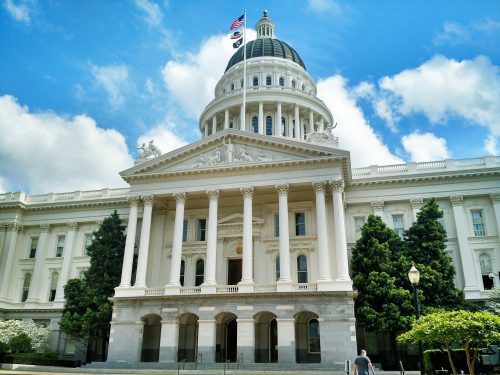
Developing strong Green Tariff Shared Renewables Programs for California
The Clean Coalition continues to improve the proposed procurement mechanisms to encourage the highest possible levels of participation by renewable developers.
The California Public Utilities Commission (CPUC) is currently implementing Senate Bill (SB) 43, which requires the state’s three largest investor owned utilities (IOUs) to develop the following two types of clean energy customer options:
-
- A “Green Tariff”, which will give customers the option of paying a premium to purchase energy from a portfolio of new, renewable resources located within the utilities territory.
- An “Enhanced Community Renewables” program, which will give customers the option of paying a premium to purchase energy from new, renewable resources located within 10 miles of the customer or within the city/county of the customer.
To meet customer demand, the IOUs will purchase up to 600 megawatts (MW) of new, renewable energy capacity from distributed projects under 20 MW. The CPUC must issue a decision on the IOU program proposals to meet SB 43 requirements by July 1, 2014.
SB 43 requires that these renewable energy programs have no impact on the bills of non-participating customers. Therefore, a key element to the success of these programs is to ensure that utility calculations of the net value of participating distributed generation projects will include the full value of such projects. On this front, the Clean Coalition continues to provide expertise on the locational value of distributed renewables.
SB 43 also requires 100 MW of the program capacity to be located in California’s most disadvantaged communities. The Clean Coalition is working with the California Environmental Justice Alliance and the Sustainable Economies Law Center to translate this mandate into program designs that will bring rooftop and parking lot solar projects to underserved communities.
The Clean Coalition continues to improve the proposed procurement mechanisms to encourage the highest possible levels of participation by renewable developers. In addition, the Clean Coalition is leading efforts to bring large commercial and institutional customers feedback about the proposed programs to the CPUC. If you manage energy decisions for a large business or institution that is interested in using SB 43 to purchase renewable energy, please contact Stephanie Wang, the Clean Coalition’s Policy Director, at steph@clean-coalition.org.

